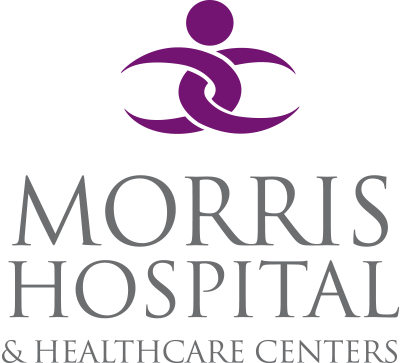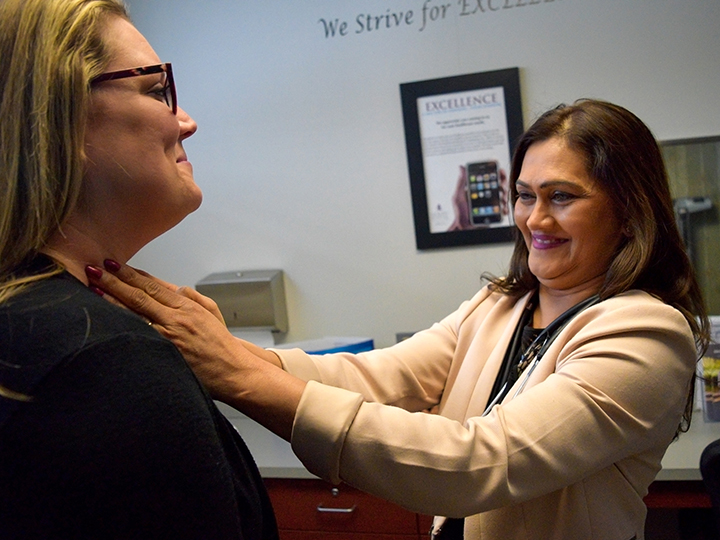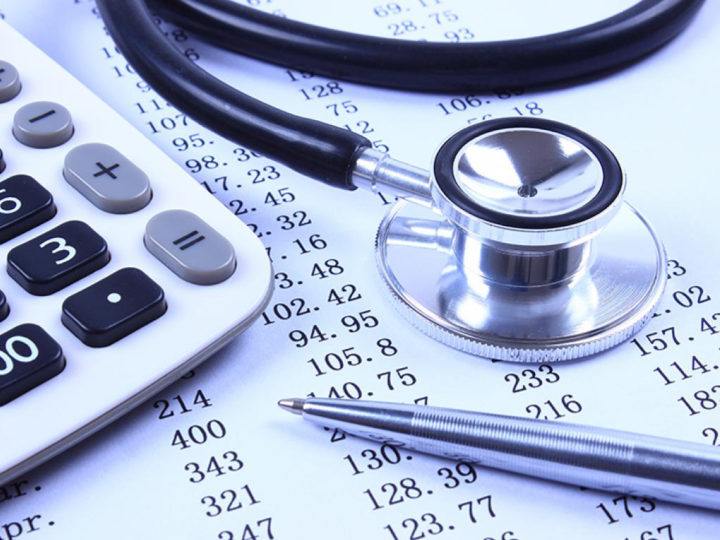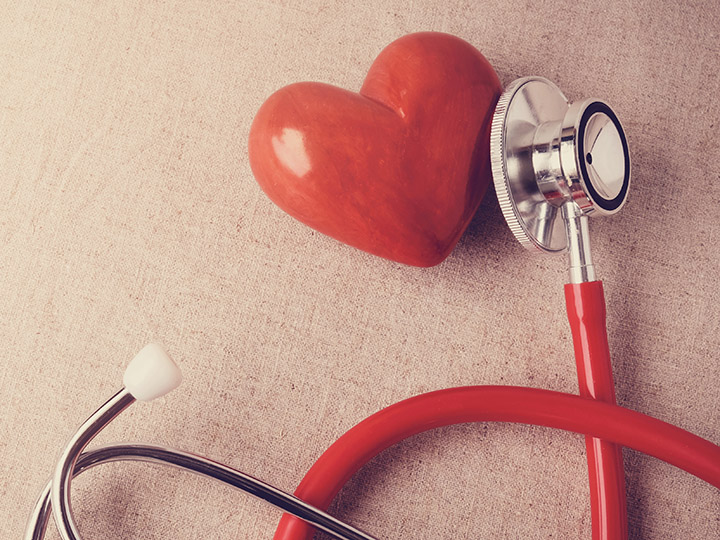Be Aware of Heart Attack Warning Signs
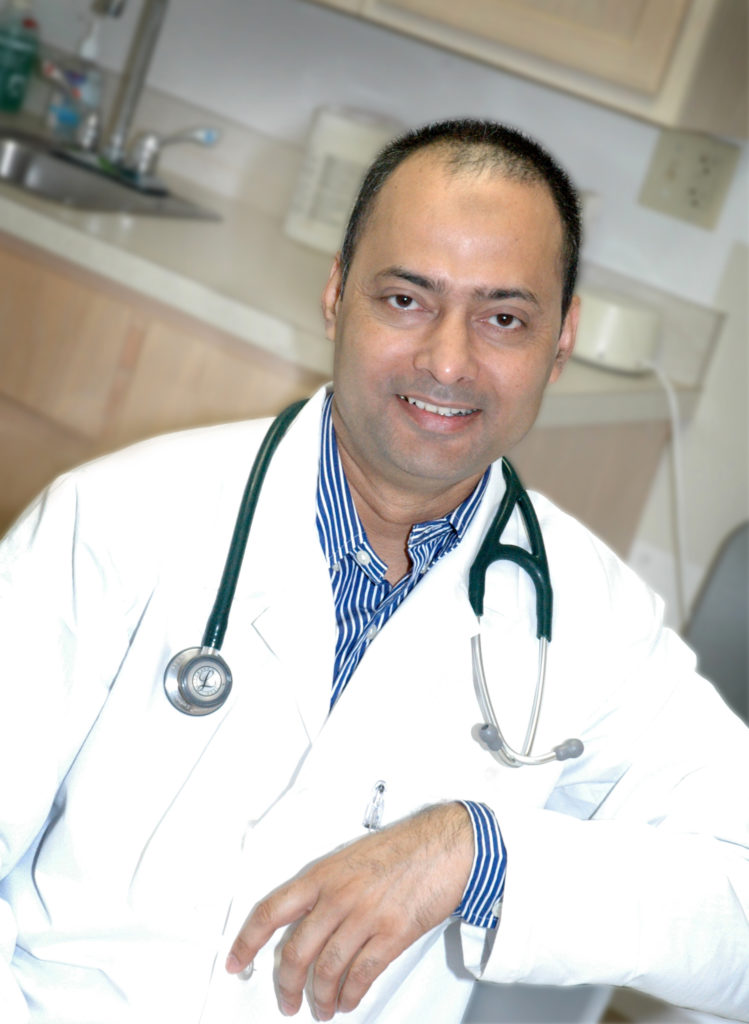 Physical activity done outside on a cold day, like shoveling snow, can literally be a killer for those at risk of heart attack.
Physical activity done outside on a cold day, like shoveling snow, can literally be a killer for those at risk of heart attack.
Although heart attacks occur during every season of the year, Dr. Syed Ahmed, board-certified cardiologist with Morris Hospital Cardiovascular Specialists, says the combination of strenuous exercise and breathing in cold air makes winter prime time for cardiac events.
“Multiple things happen in your body when you, for example, shovel snow,” says Dr. Ahmed. “Exercising makes your heart rate go up, lifting snow can increase your blood pressure, and breathing in the cold air causes your lungs a lot of stress. These three stressors result in a lot of strain on the heart, which can lead to the rupture of plaque in blood vessels. This is why there are more heart attacks in extreme weather.”
Winter heart attacks occur more frequently even in more temperate climates, such as Los Angeles, where there is a 33 percent increase compared to summer months. Researchers say the holidays might add to winter stressors, when many overindulge in food and drink, abandon their exercise routines and delay seeking medical treatment for symptoms.
Dr. Ahmed says heart attacks results from blockages in the coronary arteries. Plaque composed of cholesterol, fat and other substances develop over time along the inside of arteries that supply blood to the heart.
“Plaque can rupture and spill into the vessel, blocking blood flow to the heart,” Dr. Ahmed says. “Stress, anxiety, physical activities and other reasons can cause plaque to rupture.”
Because a resulting heart attack can damage or destroy heart tissue, quick medical intervention is critical.
Dr. Ahmed says the most common symptom of a heart attack is discomfort, pain or pressure in the chest that lasts more than a few minutes. The feeling might leave and return.
Pain might also occur between the shoulder blades or in the neck or jaw, in one or both arms or in the stomach.
Some people having a heart attack feel no pain at all. They might become weak, lightheaded, short of breath, nauseated or break out in a cold sweat.
“Please do not wait if you’re having symptoms of a heart attack,” Dr. Ahmed says. “We’ve seen people wait hours before calling 911, and they end up with extensive, permanent damage to their hearts.”
Dr. Ahmed says the symptoms might be confusing.
“You might not think you are having a heart attack,” he says, “but the best thing to do is go to a hospital emergency room. Heart attacks are the number one killer in the United States among men and women. You’re not burdening anyone. You’re not bothering anyone. We are there to save your life. That’s what we are here for.”
Dr. Ahmed also advises regular physician check-ups that include cholesterol, blood pressure and diabetes screenings. If you would like to find out if you’re at risk for a heart attack, contact the Morris Hospital Cardiovascular Specialists at 815-705-1000 or visit www.morrishospital.org/cvspecialists.
